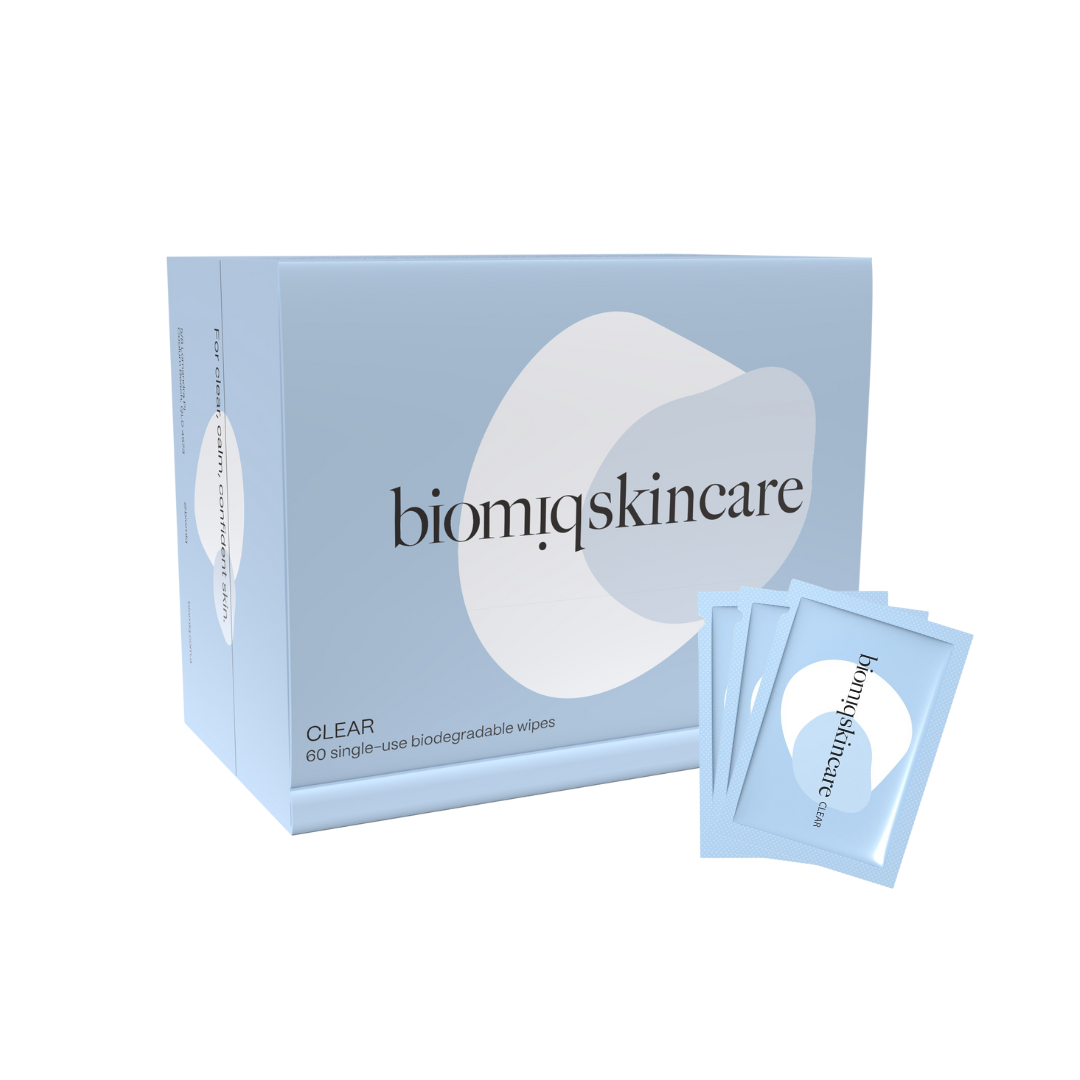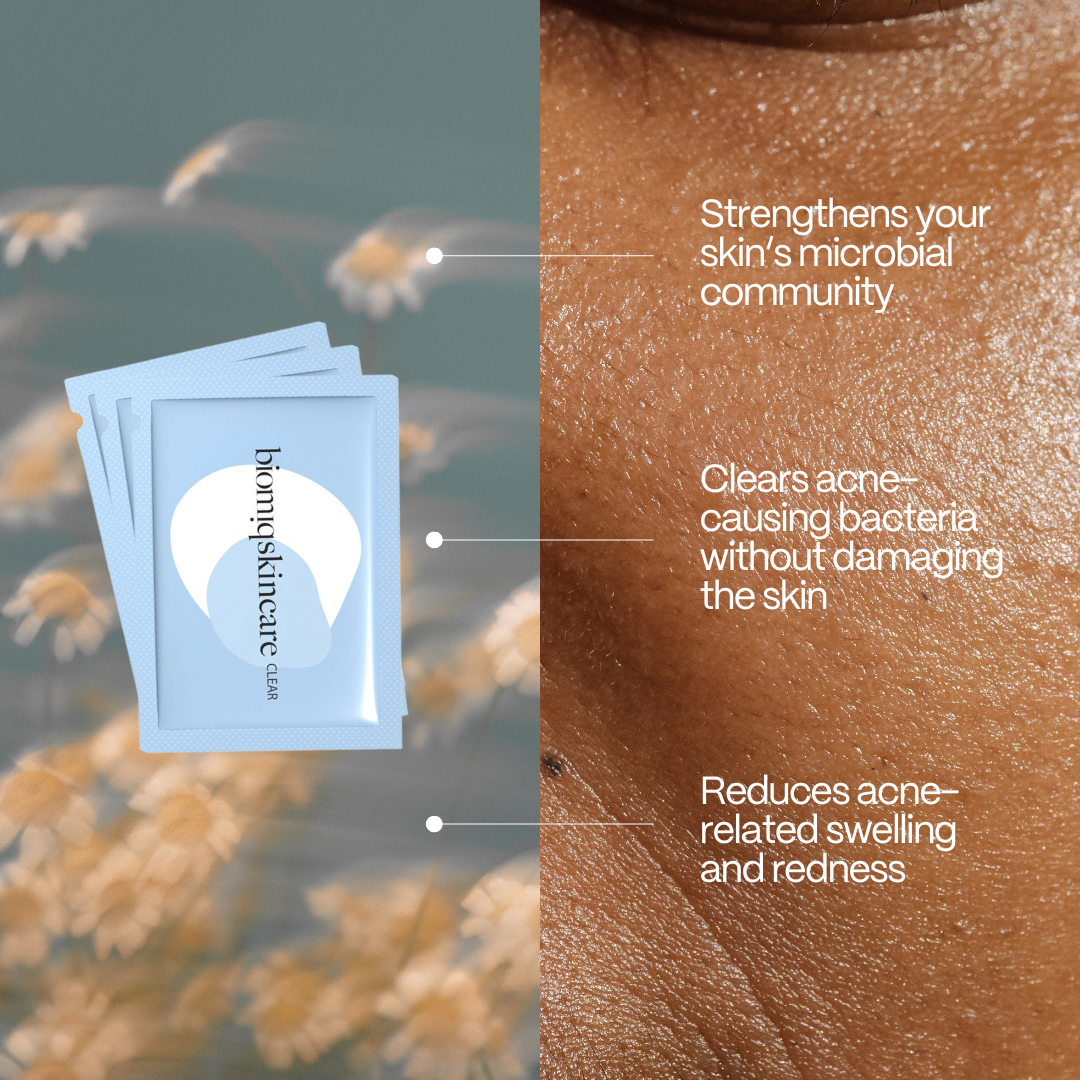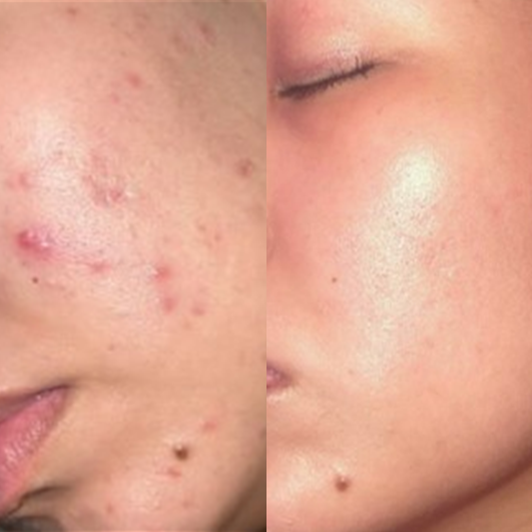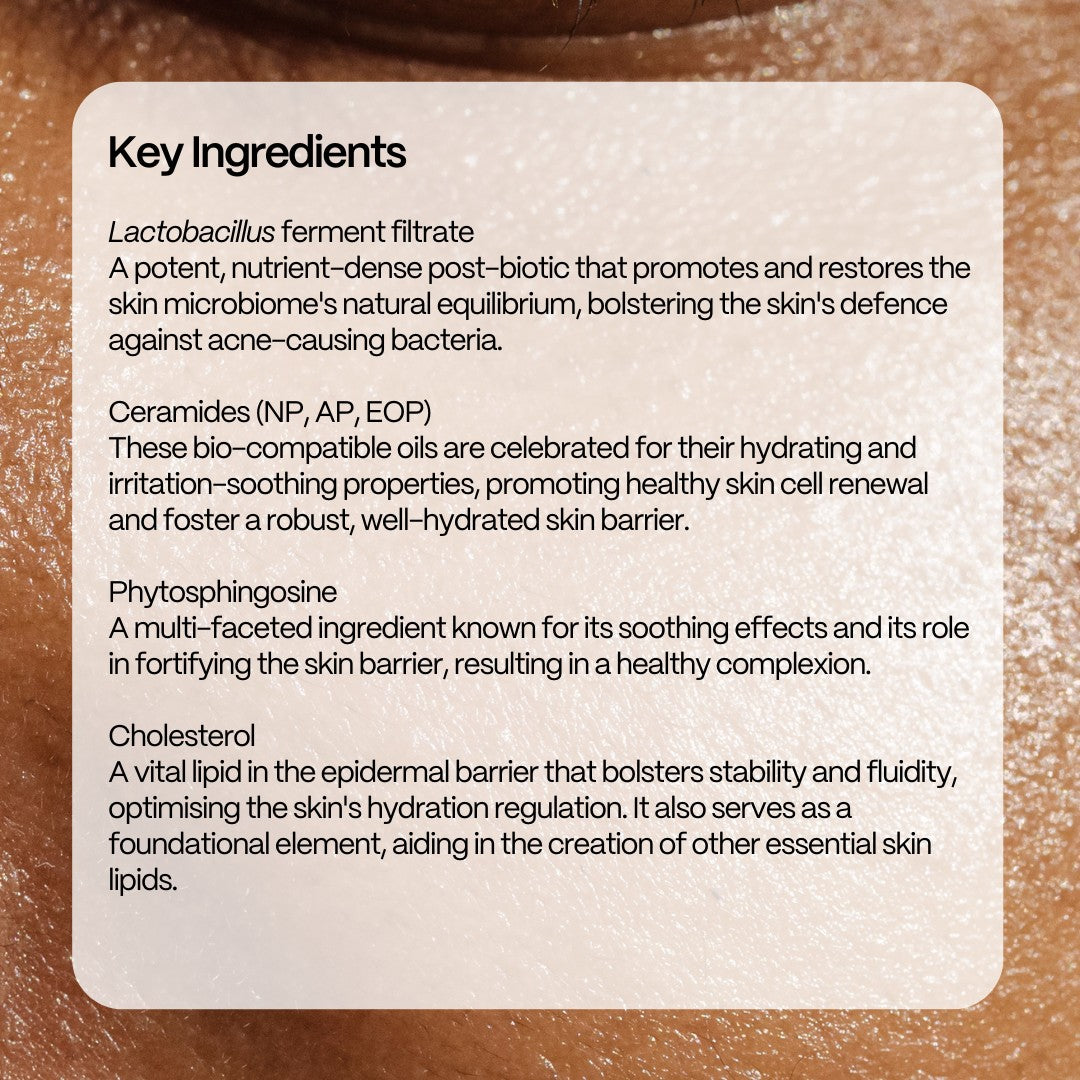Under normal conditions, we coexist happily with our microbes, which regulate our digestive and immune systems, protect against germs, break down food to release energy, produce vitamins, and even influence behaviour and emotional well-being through hormone regulation. However, this balance can be disrupted by several factors:
- Diets lacking in nutrients and fiber
- Lack of exercise
- Poor sleep
- Increased stress or anxiety
- Use of certain medications or antibiotics
- Prolonged periods spent indoors with man-made materials
- Infections from pathogenic microbes
- Genetic factors (e.g., hereditary conditions, compromised immune systems)
- Overexposure to household cleaning products, agricultural chemicals, and cosmetic products
This imbalance is known as 'microbiome dysbiosis'. When this occurs, beneficial bacteria that keep you healthy may die off and be replaced by less beneficial or even harmful bacteria.
Research shows that people experiencing dysbiosis often have a decrease in health-promoting bacteria (such as Lactobacillus and Bifidobacterium) and an increase in disease-promoting bacteria (such as Enterococcus and certain Clostridium). Consequently, the microbiome shifts from an optimal, highly functional community to a less optimal or harmful one.
Microbiome dysbiosis can negatively impact a person's health and well-being. Some may experience mild symptoms, while others may suffer from severe conditions or multiple symptoms.
The microbiome is crucial for health and well-being, often considered a supporting organ due to its significant role in daily bodily functions. Understanding how your microbiome influences various aspects of your health can better equip you to manage your well-being.
References:
Lloyd-Price et al. (2016) The healthy human microbiome. Genome Med 8, 51.
Wu et al. (2012). The role of gut microbiota in immune homeostasis and autoimmunity. Gut microbes, 3(1), 4–14. https://doi.org/10.4161/gmic.19320
Belkaid et al. (2014). Role of the microbiota in immunity and inflammation. Cell, 157(1), 121–141. https://doi.org/10.1016/j.cell.2014.03.011
Cho & Blaser. (2012) The human microbiome: at the interface of health and disease. Nat Rev Genet 13, 260–270. https://doi.org/10.1038/nrg3182
Lyte et al. (2013) Microbial Endocrinology in the Microbiome-Gut-Brain Axis: How Bacterial Production and Utilization of Neurochemicals Influence Behavior. PLoS Pathog 9(11): e1003726.
Reigstad et al. (2015) Gut microbes promote colonic serotonin production through an effect of short-chain fatty acids on enterochromaffin cells. FASEB J. 29, 1395–1403.
Yano et al. Indigenous bacteria from the gut microbiota regulate host serotonin biosynthesis. Cell 161, 264–276.
Strandwitz et al. (2019) GABA-modulating bacteria of the human gut microbiota. Nat Microbiol 4, 396–403. https://doi.org/10.1038/s41564-018-0307-3
Gagliardi et al. (2018) Rebuilding the Gut Microbiota Ecosystem. Int J Environ Res Public Health. 15(8): 1679





















